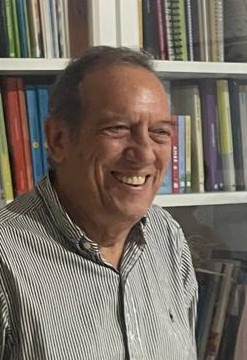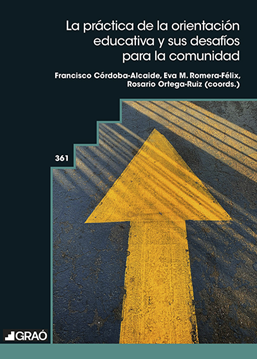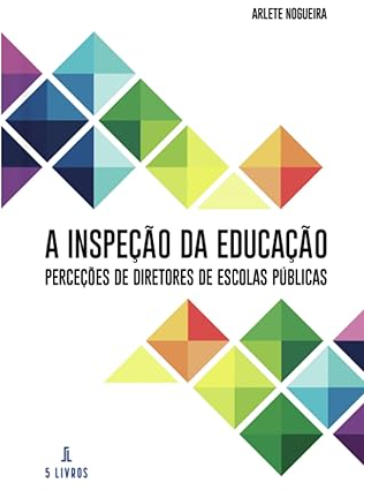Avances en Supervisión Educativa

Idioma
equipo
Equipo editorial
Directora:
María Del Rosario Rojas Martín
Inspectora de Educación.
Director adjunto:
Francisco Cuadrado Muñoz
Inspector de Educación de Córdoba.
Consejo de Redacción:
María Lourdes Alcalá Ibáñez
Inspectora de Educación de Teruel.
José Manuel Cabrera Delgado
Inspector de Educación en Canarias.
Laura Cánovas Heredero
Inspectora de Educación de Toledo
Guillem Centelles Badenes
Inspector de Educación de Valencia
Antonio González Picazo
Inspector de Educación de Albacete
Ángel Lorente Lorente
Inspector de Educación de Zaragoza.
Alejandro Lozano García
Inspector de Educación de Zaragoza.
Rubén Moreno López
Inspector de Educación de Albacete
Laura Morillas Molina
Inspectora de Educación en Castilla
La Mancha.
Alberto José Prieto Román
Inspector de Educación de Granada
Marcos Francisco Rodríguez Bravo
Inspector de Educación en Canarias
Soledad Sempere Espí
Inspectora de Educación de Alicante
Consejo Científico
Serafín Antúnez
Catedrático del Departamento de Didáctica y Organización de la Universidad de Barcelona
Mª Antonia Casanova
Profesora asociada de la Universidad Camilo José Cela y Directora de Formación del Instituto Superior de Promoción Educativa. Inspectora de educación jubilada
Juan Manuel Escudero Muñoz
Catedrático de Didáctica y Organizació Escolar de la Universidad de Murcia
Fernando M. Faci Lucia
Inspector de Educación jubilado. Exdirector de la revista Avances en Supervisión Educativa.
Ramón Flecha García
Catedrático de Sociología de la Universidad de Barcelona
Joaquín Gairín Sallán
Catedrático de Didáctica y Organización Escolar en la Universidad Autónoma de Barcelona (UAB)
Francisco Javier García Castaño
Catedrático de Antropología Social Universidad de Granada
José María Hernández Díaz
Catedrático de Historia de la Educación de la Universidad de Salamanca
Álvaro Marchesi
Catedrático Emérito. Facultad de Psicología. Universidad Complutense de Madrid
Esteban Martínez Lobato
Inspector de Educación. Madrid
Javier Murillo Torrecilla
Profesor Métodos de Investigación y Evaluación en Educación Universidad Autónoma de Madrid
Gabriela Ossenbach Sauter
Catedrática de Historia de la Educación y Educación Comparada de la Universidad Nacional de Educación a Distancia (UNED)
Alejandro Tiana Ferrer
Catedrático de Teoría e Historia de la Educación y Rector de la Universidad Nacional de Educación a Distancia (UNED)
José María Vera Mur
Inspector de Educación de Lleida (Cataluña)
Antonio Viñao Frago
Catedrático de Historia de la Educación de la Universidad de Murcia
Nélida Zaitegi de Miguel
Maestra, pedagoga e inspectora de Educación jubilada



